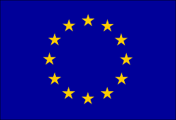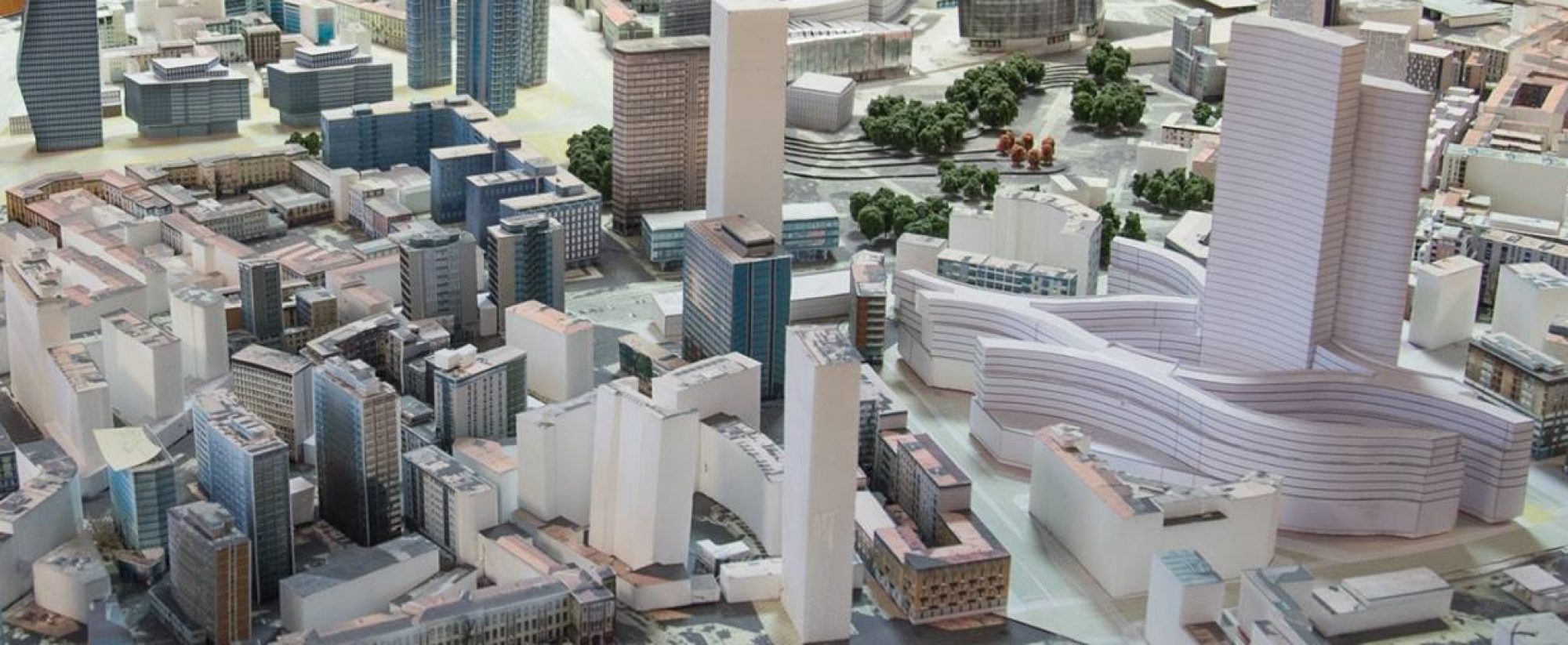Current status \ Completed (2016 / 2021)
Funding programme \ EU Horizon 2020 – GA N. 691895 SHAR-LLM.
Project budget \ M€ 27 (labsimurb budget € 145,895)
Keywords \ sharing city, codesign, energy retrofitting, smart city

Project Overview
What is Sharing Cities?
The project ‘lighthouse’ Sharing Cities is an initiative by 35 partners working in and for the involved cities from industry, universities and NGOs to develop innovative and integrated solutions towards the smart city. Milan is one of three ‘lighthouse’ cities – together with London and Lisbon – which will implement the physical infrastructure for the smart cities, the digital urban platform and novel service solutions emerging from a collaborative design process with the local communities. The implemented measures will represent replicable models for the follower cities and beyond.
In particular, in the Porta Romana/Vettabbia pilot district the local partners will: retrofit existing multi-property buildings, implement electric mobility services, install energy management systems, smart lampposts and sensors, and an urban data platform for enabling virtuous behaviors related to sharing practices. Sharing Cities is funded by the European Union H2020 program with € 24 million and aims to trigger 500 million investment committed over 100 municipalities throughout Europe.
Co-Design for Sharing Cities
Sharing Cities is open to listen and actively engage all the stakeholders, stimulating co-design processes, i.e. participatory and collaborative design. The “People” working group will involve the citizens of the pilot area and other actors (companies, associations) interested to envision a series of new shared municipal services that meet the needs of the district’s community in key areas of everyday life, such as mobility, energy and community.
Specifically, the activities aim to:
• Envision novel smart urban services for enabling sharing in the district
• Envision the condominium 2.0 of the future which, starting from the current conditions of milanese buildings, will aim to achieve high energy performances and integrate innovative sharing services.
• Co-design a novel car-sharing for condominiums in order to promote sharing mobility solutions at the building scale.
• Co-design the vision for the city of the future, starting from the new Smart City Lab to be established by the City of Milan in via Ripamonti 88.
Impact and Outcomes:
The co-design aims to design new urban services for the sharing city, with the deepening of the requirements and characteristics for a novel eco-system in Milan in order to promote the Sharing City paradigm in the local context.
Team, partners and stakeholders
The co-design activities are coordinated by the Politecnico di Milano, Dipartimento di Architettura e Studi Urbani, in collaboration with Poliedra, TEICOS Group and Legambiente. For a complete list of the partners involved in the project, please refer to the project website www.sharingcities.eu
Dastu Coordinator: Eugenio Morello, coordinator of the co-design team for the envisioning of novel urban services towards the Sharing City in Milan
with Andrea Arcidiacono, Barbara Piga, Giuseppe Salvia, Cecilia Chiarini, Irene Vegetti
Subcontracting: Marco Boffi (Unimi), Nicola Rainisio (Unimi)
Publications
SALVIA G. & MORELLO E., 2020, “Sharing cities and citizens sharing: Perceptions and practices in Milan”, in Cities.
Hugony C., Hugony M.E., Causone F., MORELLO E. , 2020, “A Working Methodology for Deep Energy Retrofit of Residential Multi-property Buildings“, in Littlewood J., Howlett R., Capozzoli A., Jain L. (eds), Sustainability in Energy and Buildings. Smart Innovation, Systems and Technologies, 163, Springer, Singapore.
SALVIA G., MORELLO E., ARCIDIACONO A. (eds.), 2019, Sharing Cities Shaping Cities, MDPI Books, Basel, Switzerland.
News, outputs and other materials
You can follow the project at the website www.milano.sharingcities.it where you will find the latest updates on our activities.
The EU project website: www.sharingcities.eu
 This project has received funding from the European Union’s Horizon 2020 research and innovation programme under grant agreement no. 691895.
This project has received funding from the European Union’s Horizon 2020 research and innovation programme under grant agreement no. 691895.

